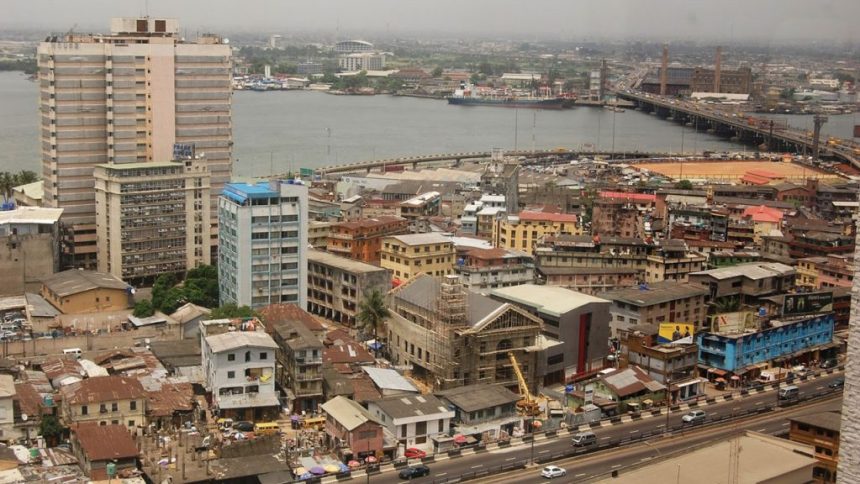Urbanization, the permanent concentration of people in cities has become one of the defining trends of modern society. It reshapes economies, social systems, and the environment, driving nations from agrarian communities to industrial and service-based urban centers.
Globally, this transformation accelerated during the Industrial Revolution and continues today. By 2050, about 64% of the developing world and 86% of developed nations are projected to be urbanised. While urbanisation fosters innovation and growth, it also poses major challenges: population pressure, inadequate infrastructure, housing shortages, and rising unemployment.
In Nigeria, rapid urbanisation combined with population growth has deepened the housing crisis. Millions—especially low- and middle-income earners—struggle to afford decent homes as demand far exceeds supply. The result is soaring rents, slum expansion, and overstretched infrastructure.
Housing is not just shelter—it underpins quality of life, economic stability, and social inclusion. Meeting UN Sustainable Development Goal 11 requires addressing Nigeria’s housing deficit through inclusive and sustainable urban planning.
To close the gap, experts advocate a multifaceted strategy:
- Stronger government policies promoting affordable housing.
- Public-private partnerships to mobilise investment and expertise.
- Innovative financing, tax incentives, and subsidies to support low-income households.
- Mandatory inclusion of affordable units in private developments to promote mixed-income communities.
If effectively implemented, these measures can turn Nigeria’s urbanisation trend into an opportunity for growth rather than crisis. Sustainable planning, responsible governance, and cross-sector collaboration will be vital to ensuring every Nigerian has access to safe, affordable housing and vibrant urban living.
Source: Guardian



